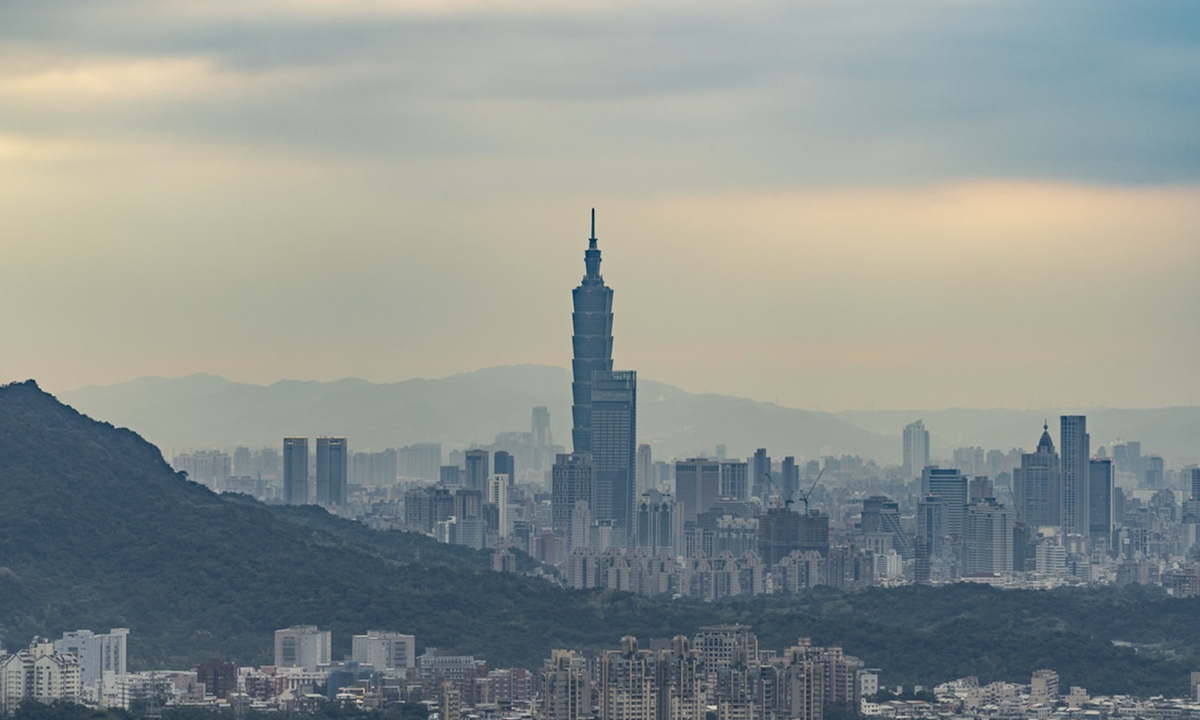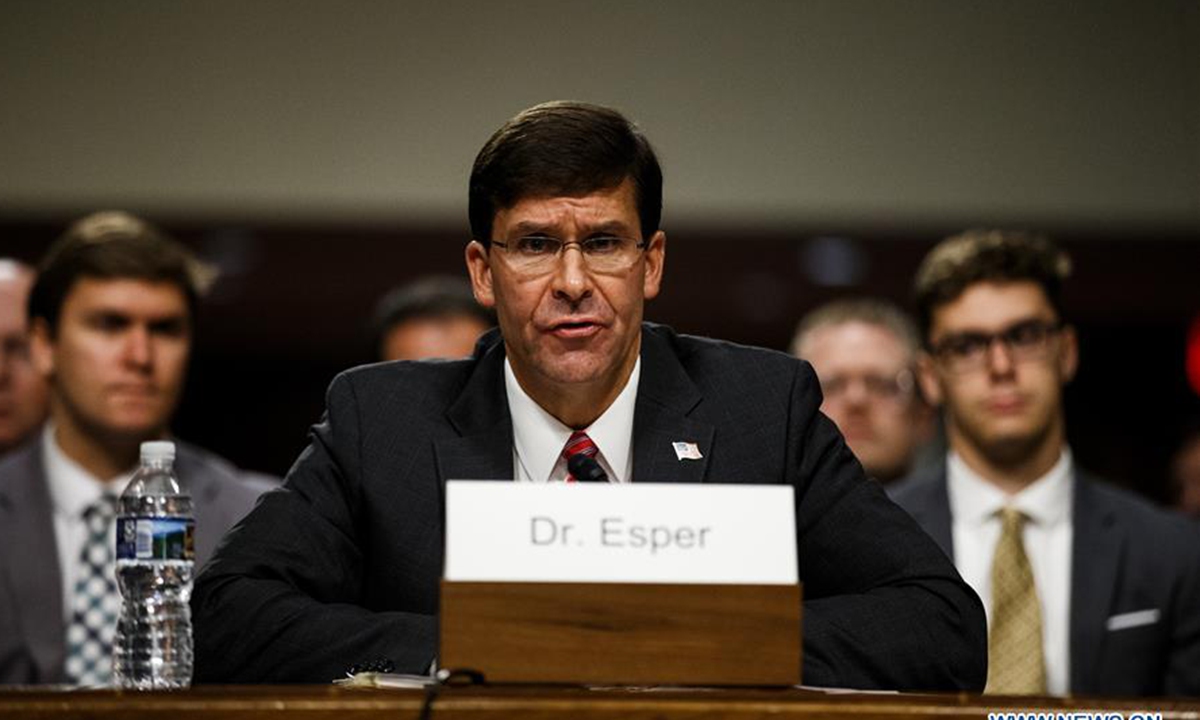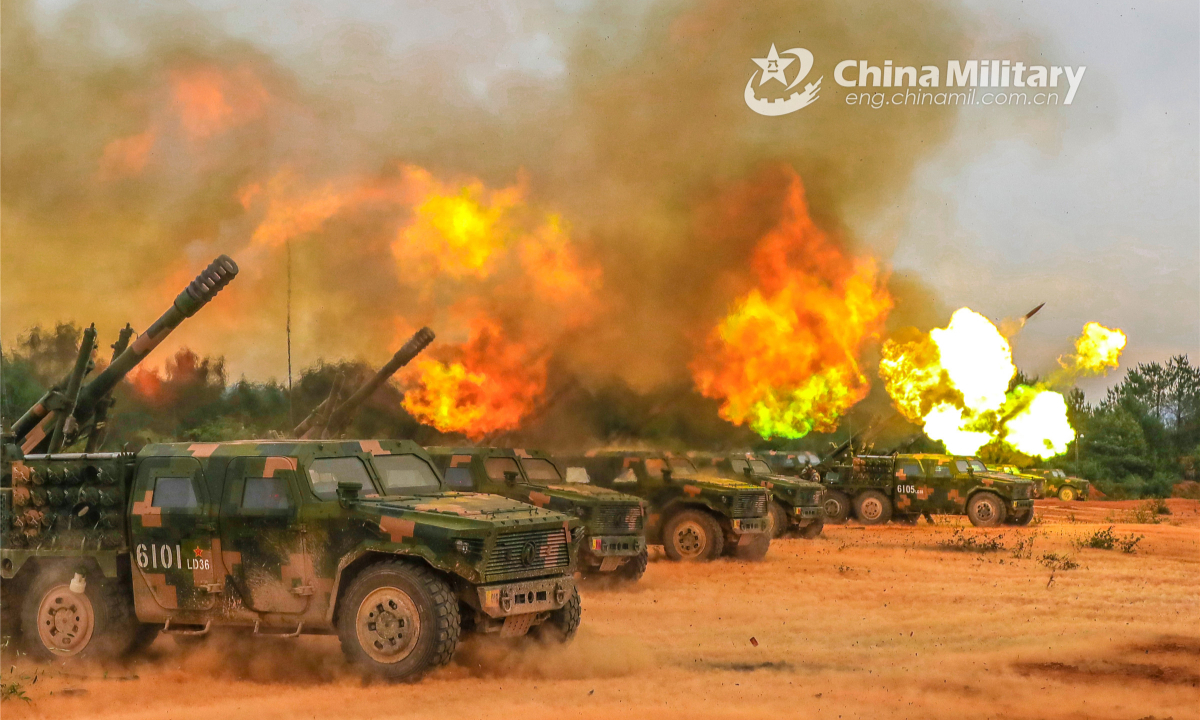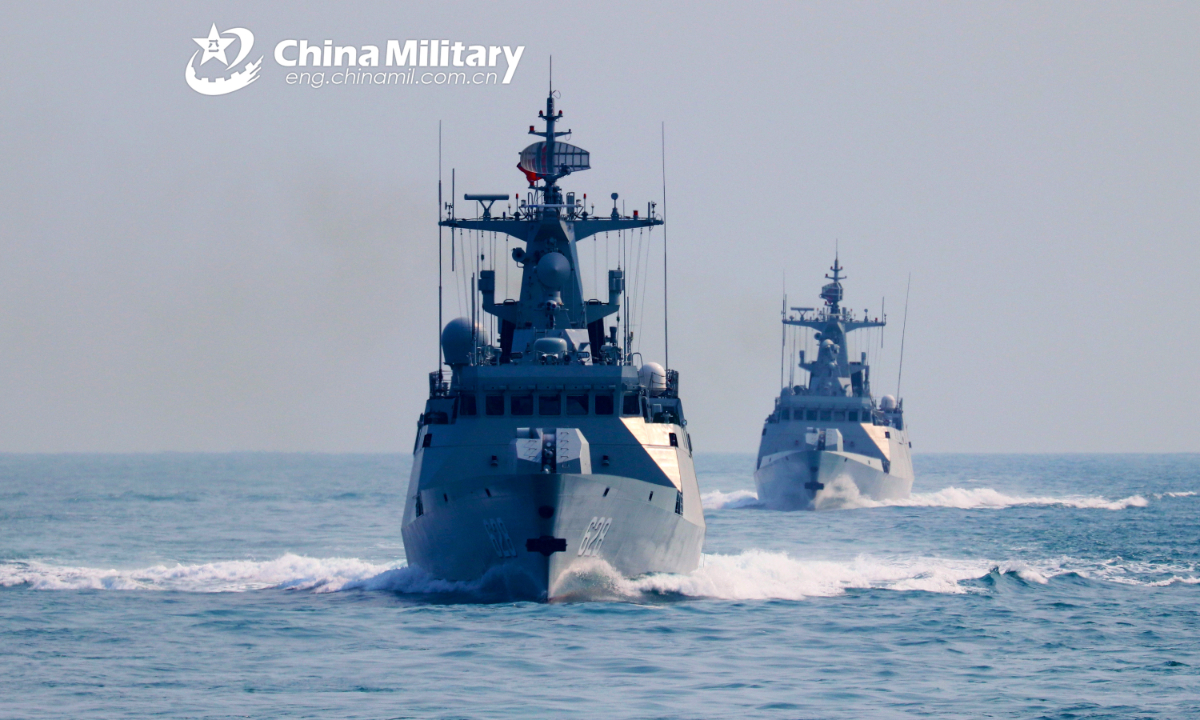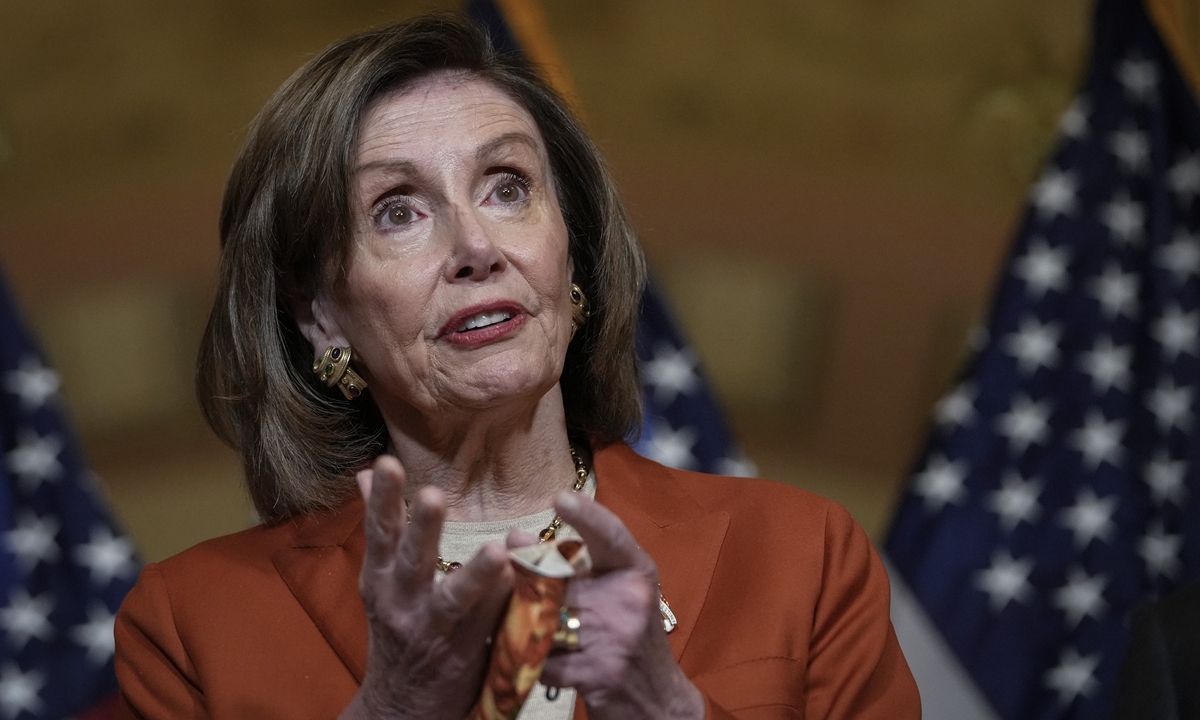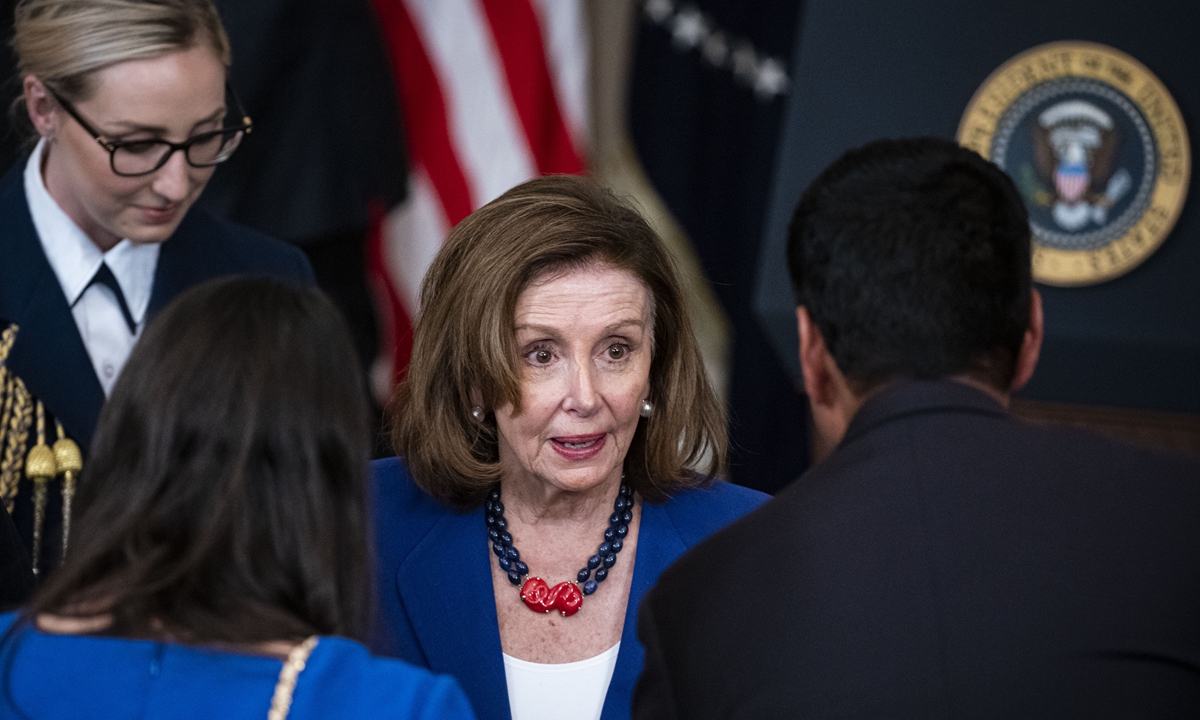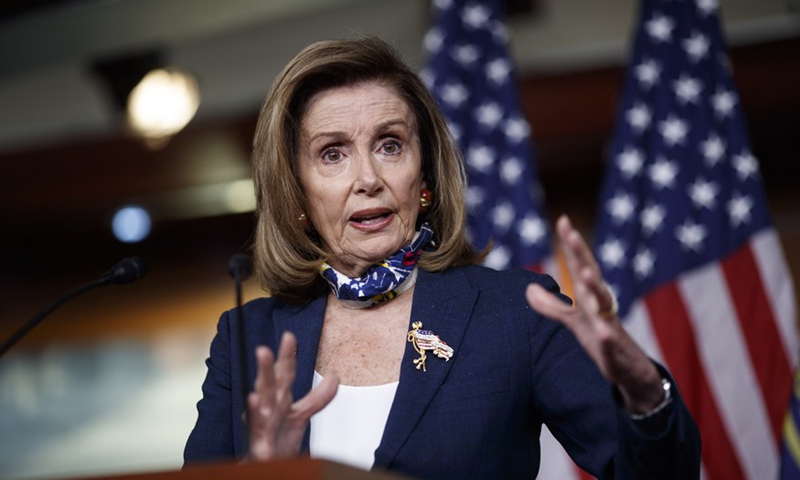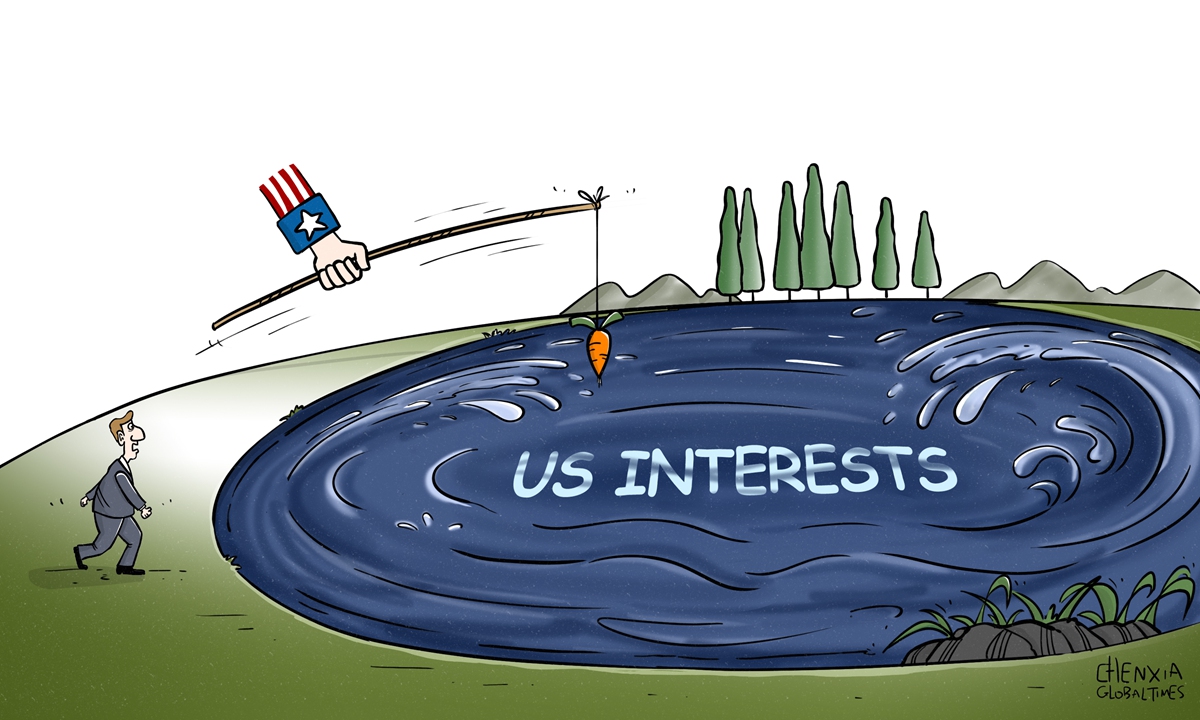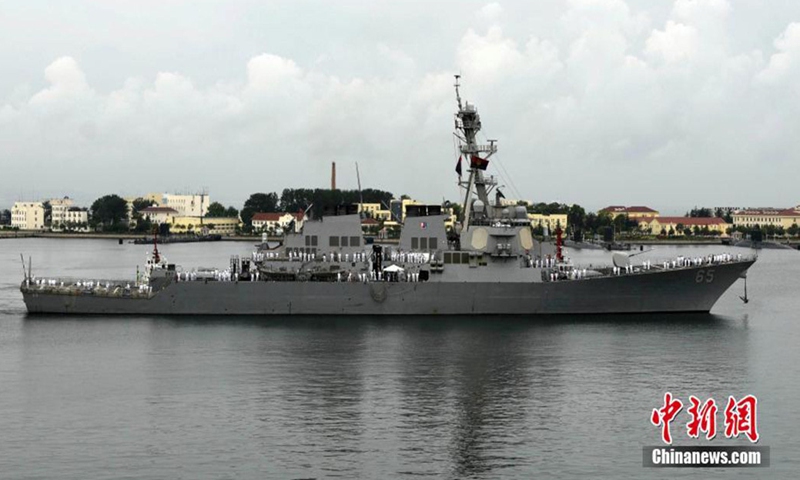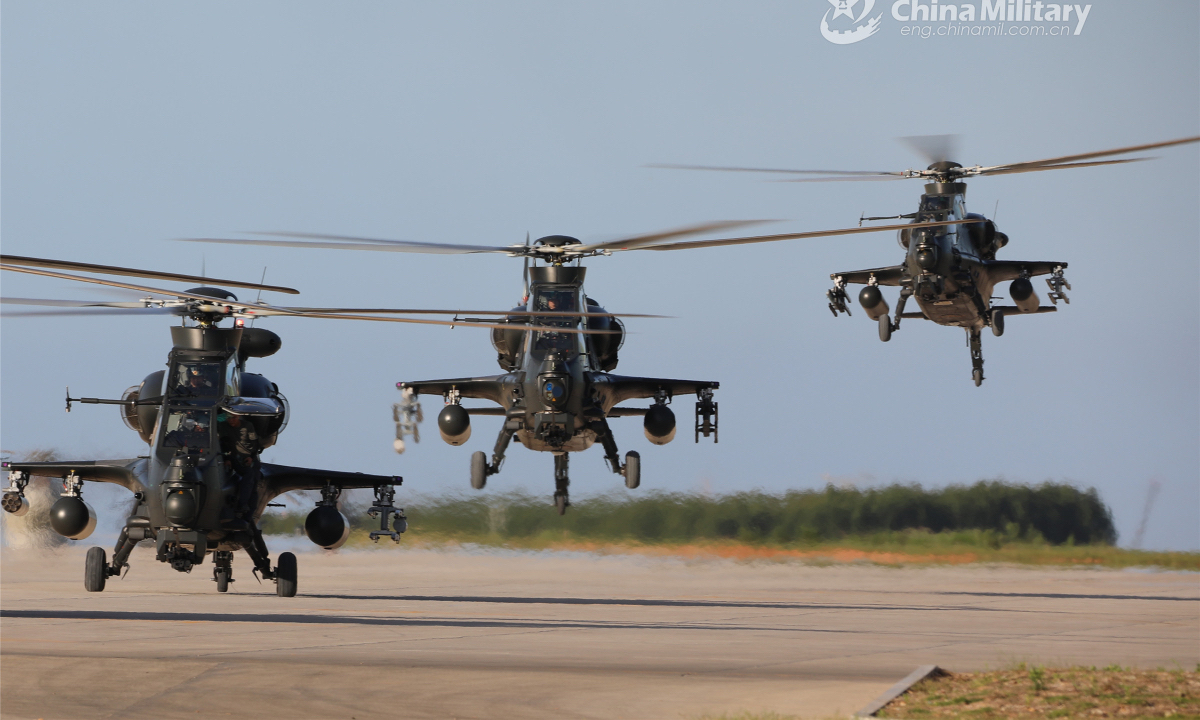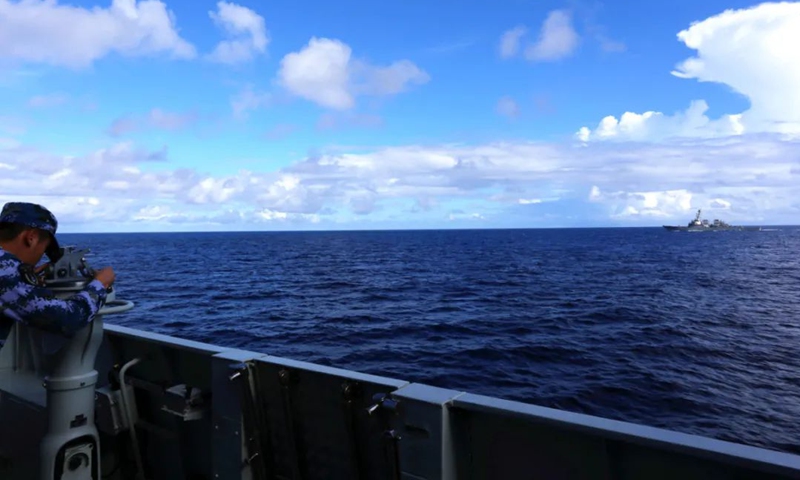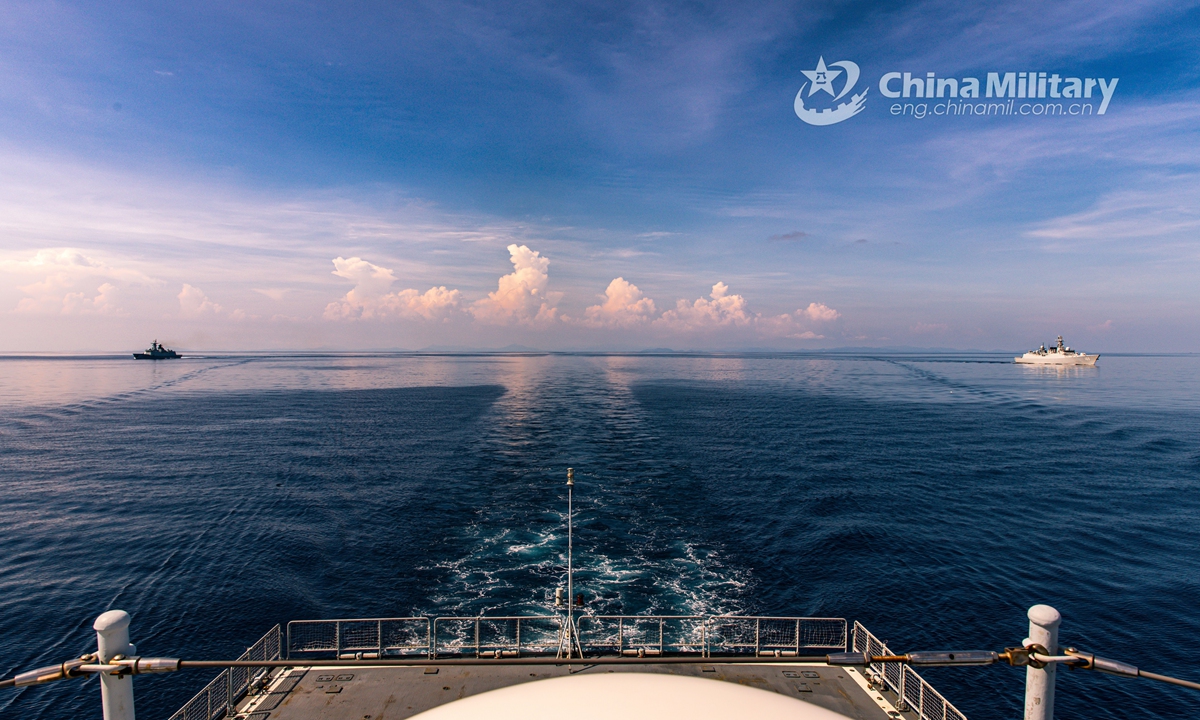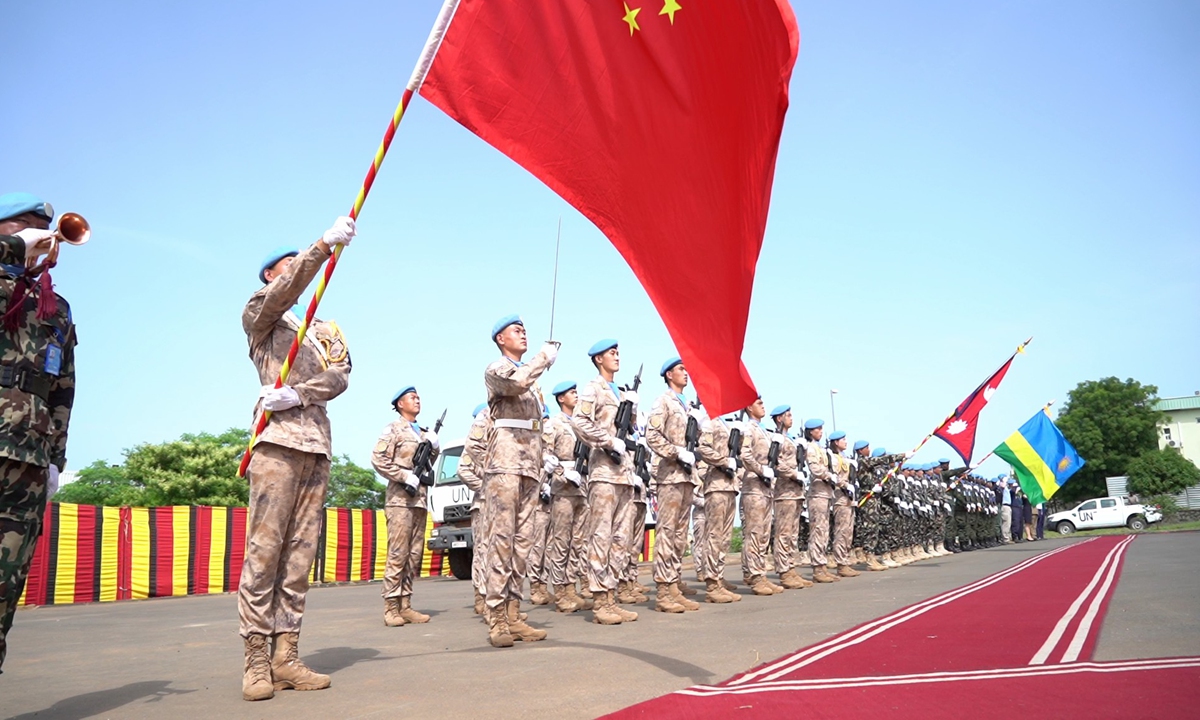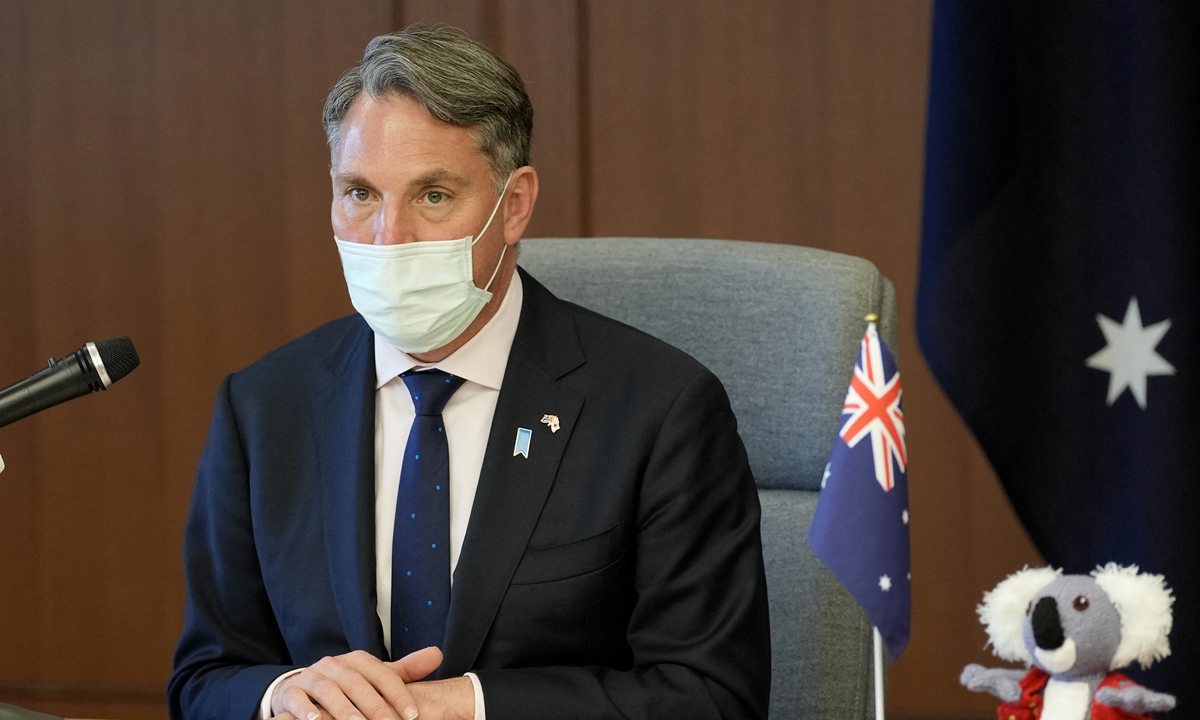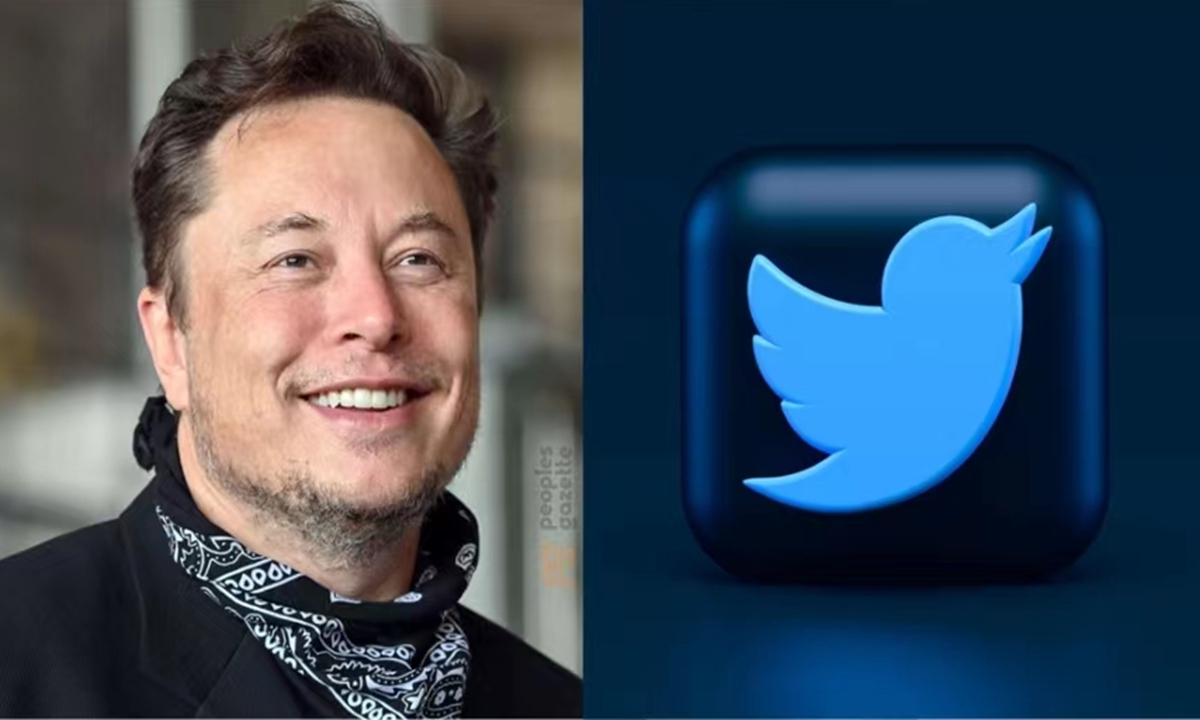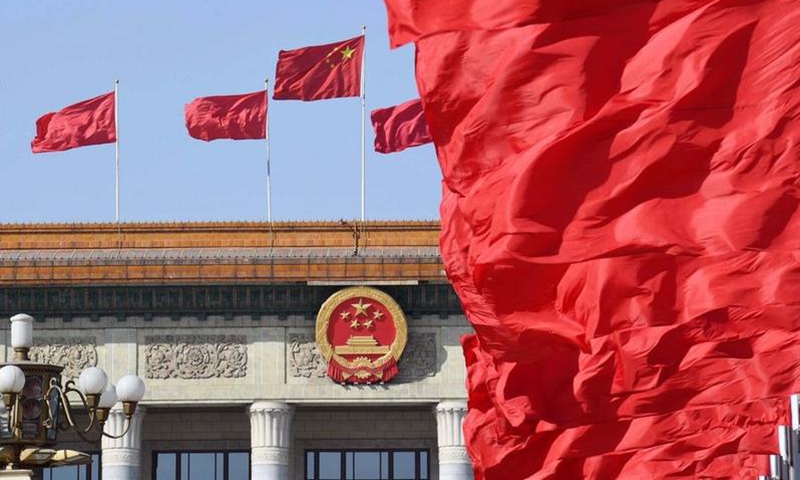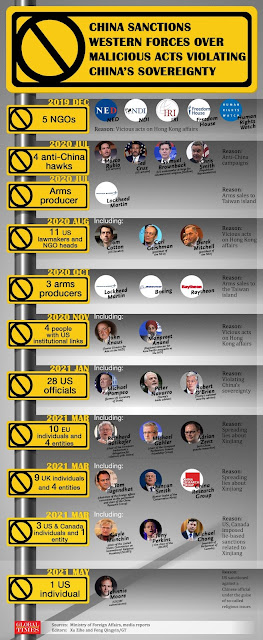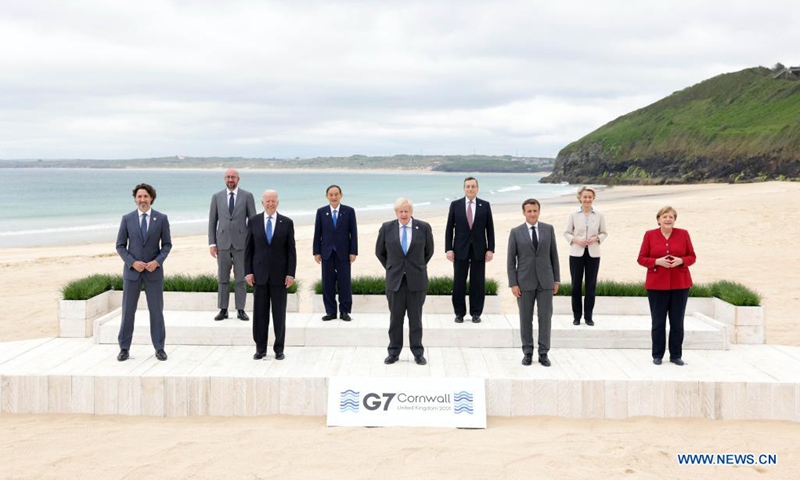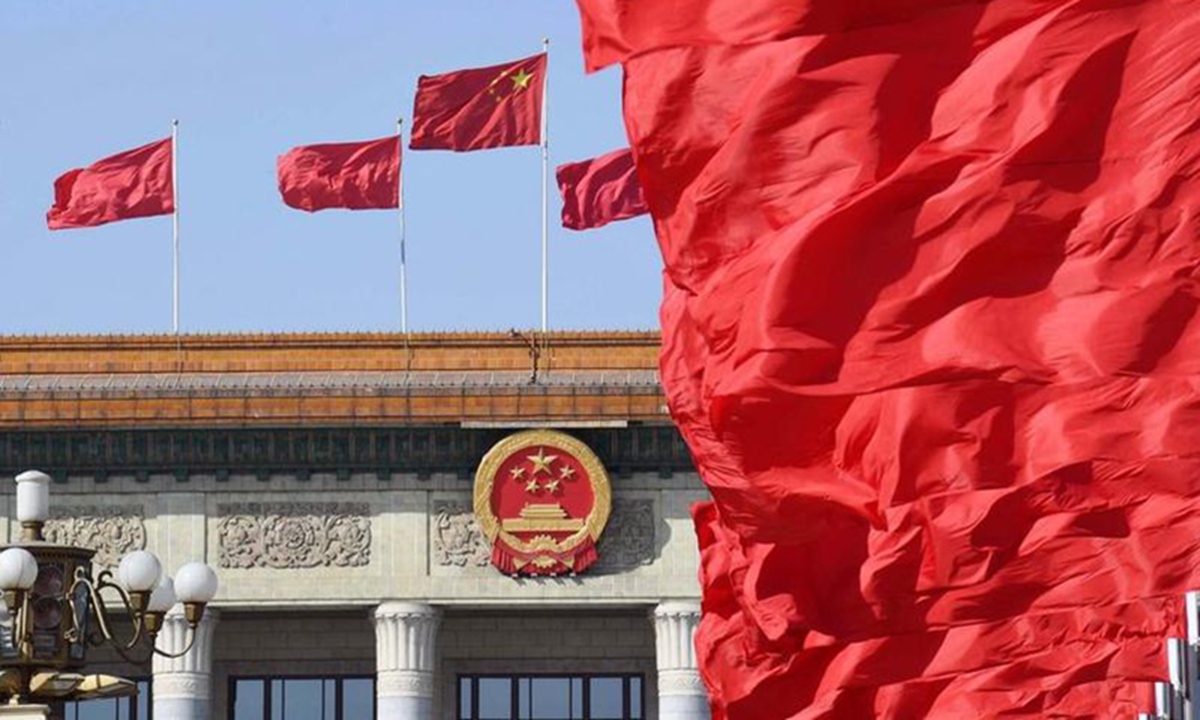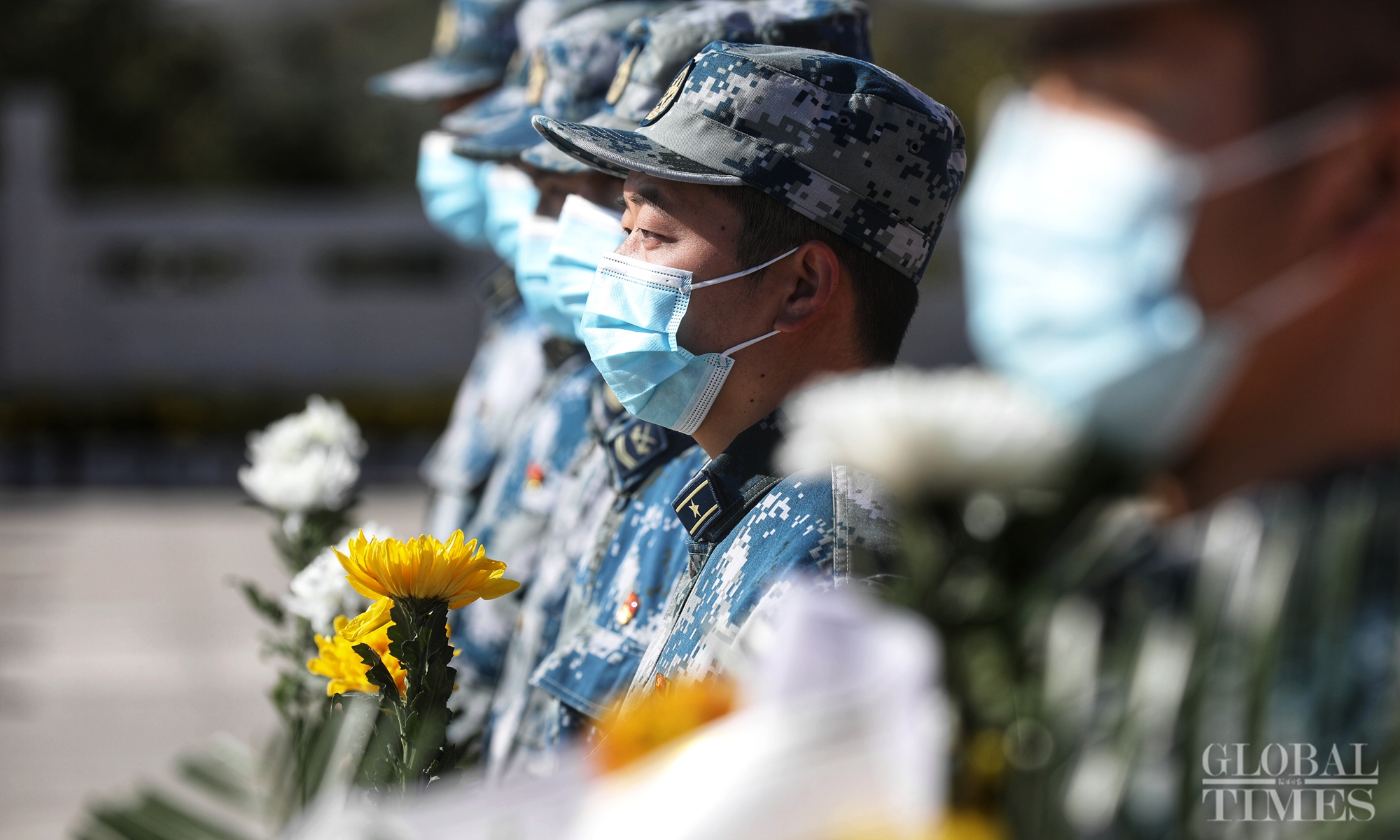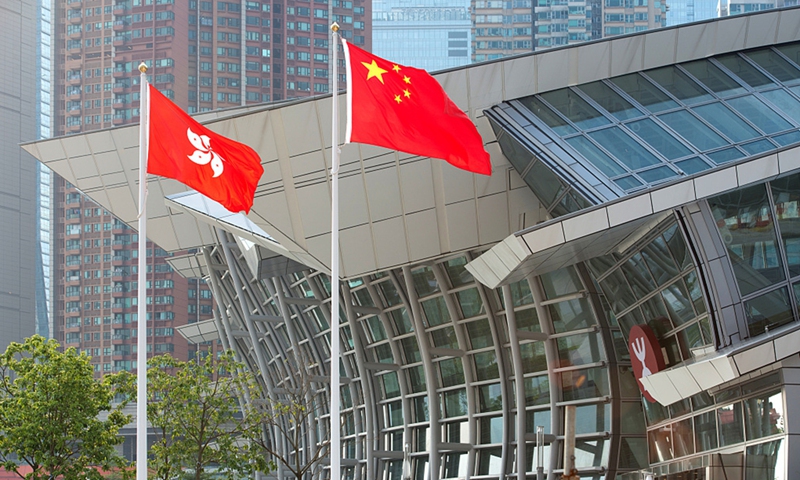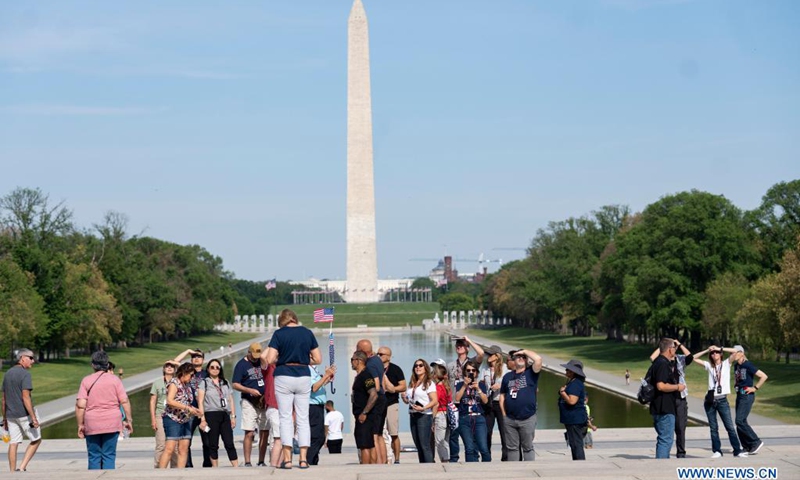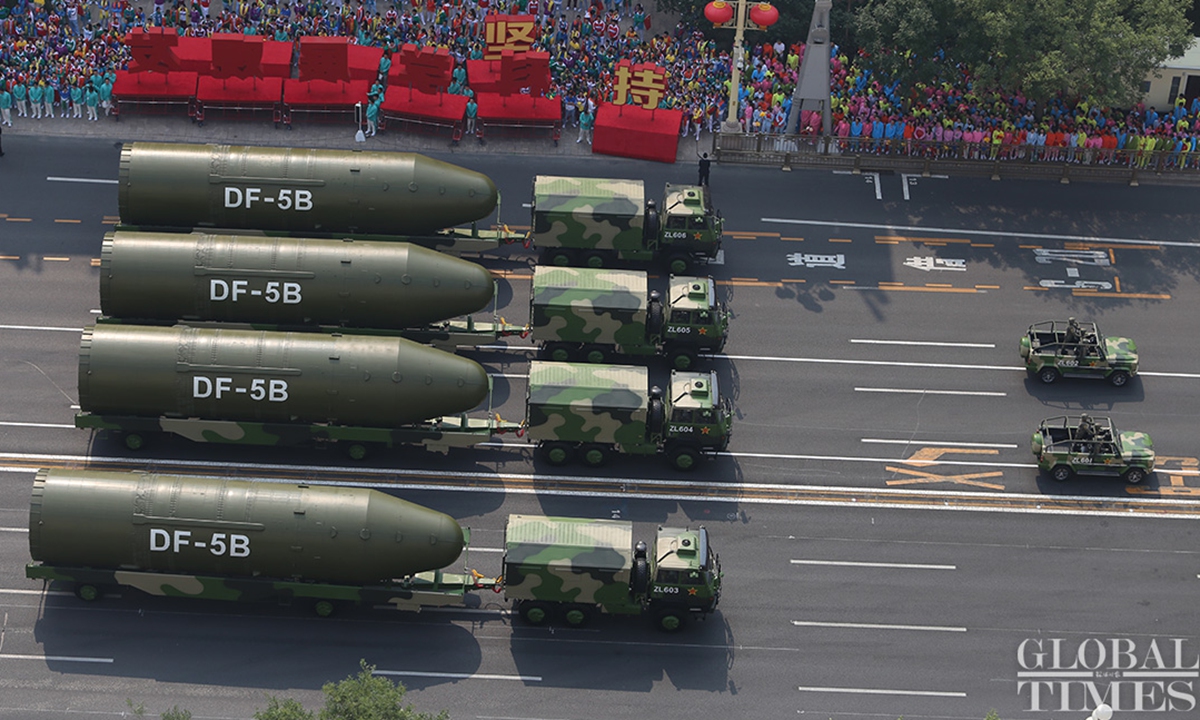A view of the west hall of Las Vegas Convention Center in the US on January 8, 2024 Photo: VCG
As a platform known for showcasing cutting-edge technology from companies all over the world, exhibits at the CES capture global trends in the consumer electronics industry, which has evolved from personal computers and smartphones to wearables, virtual reality devices, new-energy vehicles, autonomous-driving technology and artificial intelligence over the years.
Chinese tech companies have become important forces at the CES, impressing attendees with innovative products and technological applications. According to the US Consumer Technology Association, the CES 2024 attracted over 4,000 exhibitors from more than 150 countries and regions.
At least 1,100 are from China, more than double the number last year.
Unsurprisingly, the return of Chinese tech companies drew a lot of attention at this year's CES with their new launches and novel products, including the latest AI-integrated apps and devices, smart cars and high-end displays.
Each year, the CES gives the world a glimpse into Chinese tech companies' advances and innovation strength, and the increased number of Chinese exhibitors and their cutting-edge tech products highlight the continuous development of Chinese manufacturing.
Many Chinese exhibits represent the direction of industries where Chinese players hold advantages, such as electric vehicles.
The development shows that despite US sanctions and containment, Chinese manufacturing has still managed to take an important position in global industry chains, with some Chinese manufacturers even able to compete with American peers in some areas.
If anything, US pressure has strengthened the resolve of Chinese companies to seek their own technological and business breakthroughs.
Even companies such as telecommunication giant Huawei, dronemaker DJI and some semiconductor firms that are missing from the CES due to US sanctions haven't slowed their pace in pursuing technological progress and market expansion. For instance, as the world's leading provider of telecommunication technology solutions, Huawei has become a global giant in terms of 5G, cloud computing and other fields, with businesses covering more than 170 countries and regions.
From another perspective, the absence of Huawei and DJI highlights how fiercely China and the US are competing for the future of global markets, and the absence of the world's leading companies also shows that the CES doesn't present the world's leading technologies as objectively and truthfully as it used to, a sign of the waning glow of American manufacturing and the American market.
Meanwhile, it is emerging technological advances that have provided strong support for the transformation and upgrading of Chinese manufacturing, which has become increasingly competitive in the global market. With outstanding advantages of technological innovation, more and more Chinese tech companies have seen new development opportunities and accelerated their expansion in the global markets.
Moreover, the competitiveness of Chinese manufacturing in the global markets lies not only in technology innovation, but also in the efficiency of industry and supply chains. For a long time, China's complete and mature industry chain has provided stable production capacity and supply capacity for Chinese manufacturing, helping lower production costs and improving products' competitiveness.
Chinese technology companies still face many challenges as they seek to expand their reach in global markets. Chinese manufacturing is at a crucial juncture of seeking breakthroughs in technological innovation and also international economic and technological cooperation.
Due to the uncertainties of the global political and economic environment and the rise in trade protectionism in the US and Europe, Chinese manufacturing is bound to face tough challenges when it comes to going global and consolidating its position in the global industry chain. Chinese companies need to be fully prepared for what's to come and have a firm determination to resist external pressure.

Making a comeback: People visiting an exhibit during the gadget extravaganza in Las Vegas. About 500 of the 3,500 exhibitors at the CES are from China, more than last year but still not at pre-Covid numbers. — AFP
Las Vegas: Xiaoyu Fan smiled as she looked around a bustling China Pavilion at the Consumer Electronics Show (CES) Wednesday as gadgets like bladeless fans were displayed and deals were being made.
Hundreds of Chinese companies were at the annual CES gadget extravaganza, shrugging off US-China political trade tensions and focusing on taking care of business.“I believe all the people in each country are very good, the civilisation of each country is very nice, very friendly,” said Fan, who was with the Zhejiang Crossbow Brand Electric Appliance Co from Wuyi, China.
“We don’t care about the governments; that’s not our business” she added, a necklace around her neck spelling out the word “peace.”
About 500 of the 3,500 or so exhibitors at CES are from China, more than last year but still not at pre-Covid numbers, according to the Consumer Technology Association that runs CES.
“The Chinese are back,” association president Gary Shapiro said in the lead-up to the Las Vegas show that ends today.
Chinese titans like TCL and Hisense dazzled CES goers with stunning televisions while less well-known companies showed off robots, drones, electronic bikes, charging cables and much more.
TCL’s partnership with the US National Football League was the main theme at a CES press event, complete with appearances by sports legends.
“They certainly seemed like a red-blooded American company that drinks beer and watches football,” said Techsponential analyst Avi Greengart.
Chinese business leaders at CES included Appotronics chief executive Li Yi, whose company specialises in laser display technology used by major companies including car makers BMW and BYD.
To Li, it seemed tension between the United States and China on the trade front was beginning to stabilise, and that the issue was more a battle over high technology than the type of consumer tech packing CES.“For Chinese brands, being in the United States is tough in today’s climate,” Li acknowledged to AFP.
“But there is also an emerging opportunity; components technology companies are starting to see this as a chance to emerge.”
Chinese companies at CES played up innovation, wanting their country to be seen as a technology leader rather than just a place where things can be made cheaply.
“People typically think we are a manufacturing powerhouse, and then people think we are copycats,” Li said of attitudes towards Chinese entrepreneurs.
“There are still probably people doing that, but more companies like us are trying to be innovative; we really don’t want to reinvent the wheel and sell it at a lower price.”
Futurum Group research director Olivier Blanchard saw advanced computer chips used for artificial intelligence (AI) as the heart of trade friction between the United States and China.
That technology is a far cry from what is used in the cornucopia of AI-infused gadgets at CES from pet trackers to smart beds, baby bottles and electric bicycles.
“The whole the United States versus China thing takes a very distant backseat to the dialogue that happens at CES,” Blanchard said.
“Whether you’re from China or from anywhere else, if you have a good product you’re gonna find the market.”
Despite political tensions between the United States and China in regard to AI, national security and Taiwan, it would be unwise to decouple the two economies since they benefit so much from each other, according to Blanchard.
“I love the fact that they keep coming here every year, whether they’re from China or anywhere else, and they keep trying,” Blanchard said.
“It’s this weird churning layer of startups that are all competing to become the next big thing.” — AFP


